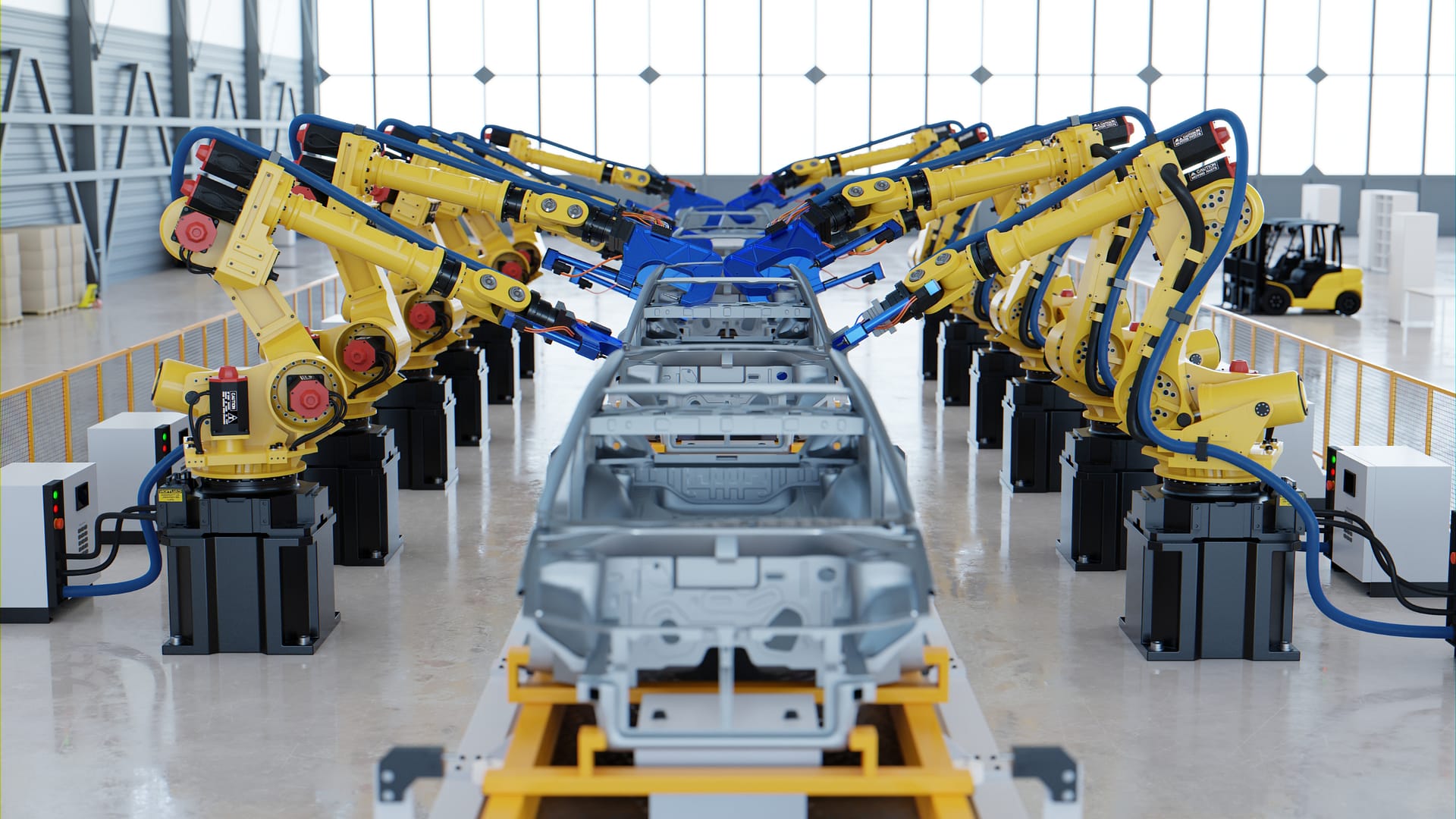



March 18, 2024
In the fast-paced world of automotive retail, intelligent automotive solutions are increasingly becoming the cornerstone of success. With technological advancements rapidly reshaping consumer behaviors and expectations, automotive retailers are leveraging the power of artificial intelligence (AI) to streamline operations, personalize experiences, and drive unprecedented growth.
AI-powered solutions are revolutionizing the way automotive retailers manage their operations. From inventory management to supply chain optimization, intelligent algorithms analyze vast amounts of data in real-time, enabling retailers to make informed decisions swiftly. This streamlined approach not only improves efficiency but also reduces costs and minimizes errors.
In the competitive landscape of automotive retail, providing personalized experiences is paramount. AI-driven chatbots and virtual assistants are transforming customer interactions by offering tailored recommendations, answering queries promptly, and guiding buyers through the purchasing process. By harnessing natural language processing (NLP) and machine learning algorithms, retailers can create seamless experiences that resonate with today’s tech-savvy consumers.
Intelligent automotive solutions empower retailers to anticipate consumer preferences and behavior patterns through predictive analytics. By analyzing historical data and market trends, AI algorithms can identify potential buyers, predict their needs, and tailor marketing campaigns accordingly. This targeted approach not only enhances customer engagement but also maximizes sales opportunities.
AI-driven recommendation engines enable automotive retailers to offer personalized product suggestions based on individual preferences, browsing history, and past purchases. By leveraging machine learning algorithms, retailers can deliver relevant recommendations that resonate with each customer, leading to increased sales and customer satisfaction.
Intelligent pricing algorithms analyze market dynamics, competitor pricing strategies, and customer demand signals to optimize pricing strategies in real-time. By dynamically adjusting prices based on factors such as demand fluctuations and inventory levels, retailers can maximize profitability while remaining competitive in the market.
As AI continues to evolve, its role in automotive retail will only become more prominent. From autonomous vehicle technologies to predictive maintenance solutions, intelligent automotive solutions will shape the future of the industry, driving sustainable growth and innovation. By embracing AI-driven strategies, retailers can stay ahead of the curve, adapt to changing consumer preferences, and thrive in an increasingly competitive market.
Artificial intelligence is at the forefront of the autonomous vehicle revolution, enabling automotive retailers to explore new avenues of mobility and transportation. By leveraging AI-driven technologies such as machine learning and computer vision, retailers can develop and deploy autonomous vehicles that offer safer, more efficient transportation solutions. As consumer interest in autonomous vehicles grows, retailers have the opportunity to lead the way in shaping the future of mobility.
In addition to revolutionizing transportation, artificial intelligence is also enhancing safety and security in the automotive industry. AI-powered systems can analyze vast amounts of data from sensors, cameras, and other sources to detect potential hazards and mitigate risks in real-time. From advanced driver assistance systems (ADAS) to autonomous emergency braking (AEB), AI-driven safety technologies are transforming the driving experience and reducing the likelihood of accidents on the road.
As autonomous vehicles become more prevalent on the roads, building trust and confidence among consumers will be paramount. By prioritizing safety, transparency, and accountability in the development and deployment of AI-driven technologies, automotive retailers can instill confidence in their products and services. Building strong partnerships with regulatory authorities, industry stakeholders, and the public will be essential in shaping a future where autonomous vehicles coexist harmoniously with traditional transportation modes.
In conclusion, artificial intelligence is poised to shape the future of automotive retail in profound ways, from driving the adoption of autonomous vehicles to enhancing safety and security on the roads. By embracing AI-driven innovations and fostering collaboration across the industry, automotive retailers can lead the charge towards a safer, more sustainable future of mobility.
Read more: